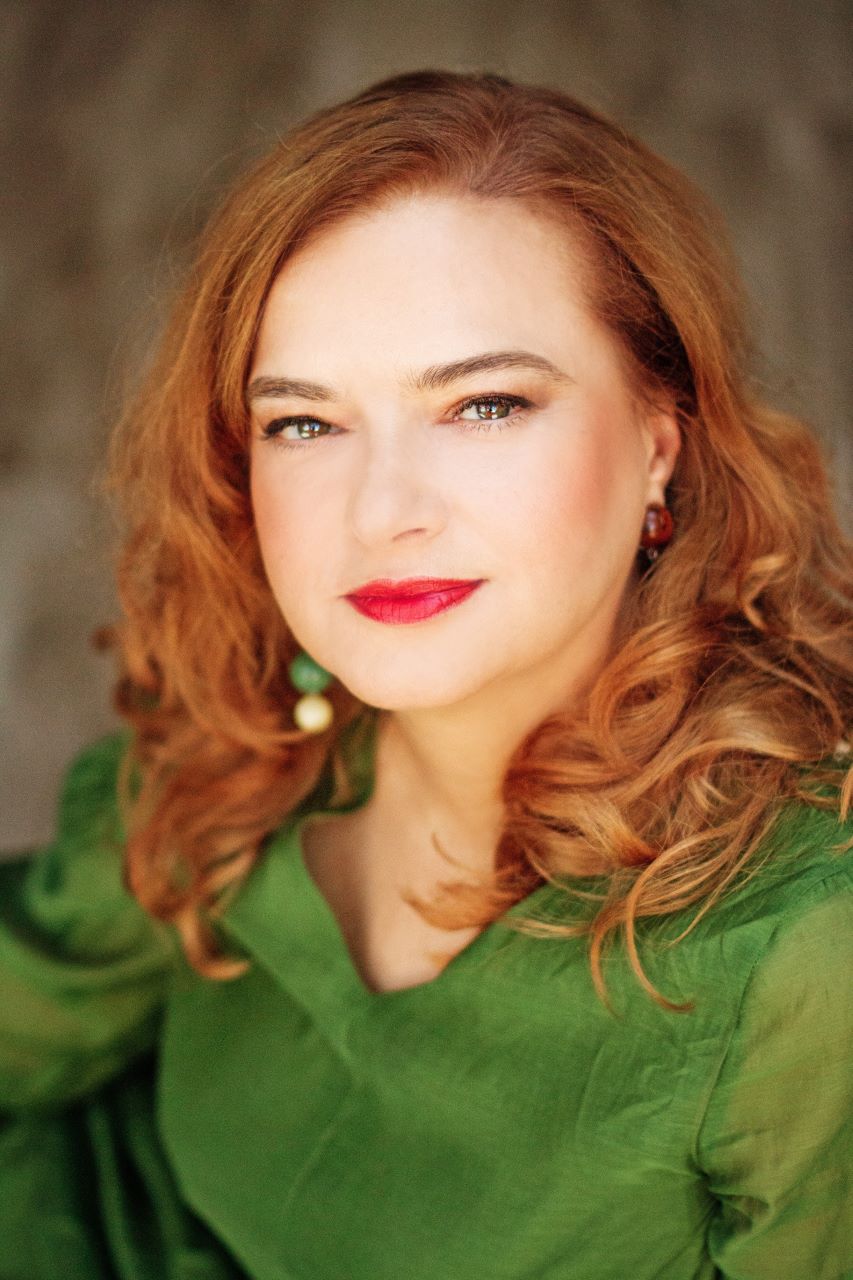EU Enlargement Anniversary
EU Enlargement Anniversary
Learning to Belong-On Ukraine’s Path to the European Union
I was born in the Soviet Union right before its collapse. As I was only 1 year old when Ukraine became independent, I do not remember that ‘super state,’ though my birth certificate will always remind me of it. At the time of my birth, my parents could not even imagine that their daughter would get the opportunity to live abroad and do so in five different countries, four of them outside the boundaries of the then still existing Warsaw Pact, in what was then referred to as the ‘rotten, bourgeois, capitalist West.’ As a teenager, I became more interested and aware of the political situation in Europe and its implications for Ukraine. The year 2004, when I was 14, was full of important events and developments in the European Union as well as Ukraine. It was the year of the biggest EU enlargement, which included many countries that used to be in the ‘sphere of influence’ of the former USSR. The EU expanded and Ukraine became a country bordering the EU.
6.05.2024

EU Enlargement Anniversary
Europeanization Against All Odds – A Professional-Personal View on Two Decades of Central and Eastern European Countries’ EU Membership
A couple of days after Czechia entered the European Union in May 2004, I went to Vienna for a few days together with my wife and friends. The destination was no coincidence because, for Czechs in general and Southern Moravians like me in particular, Vienna had a profound symbolic meaning during the period of communism and the subsequent transition to democracy. As EU citizens, we visited the Austrian capital, an object of many historical longings and resentments, given the complicated Czech history under the Habsburg Empire. However, at the time of our visit, I perceived Vienna differently. For me, 2004 meant the symbolic end of the Cold War, a merger of ‘old’ and ‘new’ Europe, and completion of the dream we saw already shortly after the Velvet Revolution: the return to Europe.
3.05.2024

EU Enlargement Anniversary
Romania: Spartans, Helots, and the Rule of Law in Europe
Romania has entered the Union in 2007, together with Bulgaria and as a Big Bang afterthought. Both countries joined with Cooperation and Verification Mechanism (CVM) strings attached. The CVM, a sui generis stopgap whose very name conjured up ambivalence, was initially meant to lapse after three years. It was formally lifted only in 2023, albeit actual monitoring was discontinued for Bulgaria in 2019 and for Romania in 2022. Due to their geographical and cultural vicinity, accession twinning, and the CVM, these two countries have repeatedly been analogised, most recently with respect to Schengen enlargement. They are dissimilar in that, although the CVM formally applied very similar conditions to both (anticorruption, judicial independence), only Romania created strong anticorruption institutions.
2.05.2024

EU Enlargement Anniversary
How Time Has Stopped Again – Hungary and Europe Twenty Years after the EU’s Big Bang Enlargement
I would like to approach the 2004 EU accession from the perspective of time. Time is perceived to fly fast in certain periods, then it appears to slow down before speeding up again. In Hungary, for example, time stood still during the sleepy decades of state socialism before, from the late 1970s onward, transformations of historic significance occurred in no more than a couple of years. Still, although there were some cathartic episodes here and there, the change of the political and economic system took place peacefully: law professors, historians, and other intellectuals sat down at a table in 1989 to lay down the fundamentals of a new social and political order. None of them was really an expert on capitalism; they approached the issue as social scientists. The intent to create a more dynamic system—one that respected the full range of human rights as well as individual endeavors—connected these people, notwithstanding their varied backgrounds.
29.04.2024

EU Enlargement Anniversary
On Exceeded Expectations and Lost Illusions – How Its Legacies Haunt Europe Today
Having been born ‘behind the Iron Curtain,’ and now teaching history with a focus on Central and Eastern Europe in European Studies and liberal arts programs in Maastricht, my personal trajectory cannot be properly comprehended and would not even be imaginable without the EU’s ‘big bang enlargement.’ I happen to have received my bachelor’s degree from University College Utrecht back in 2003 when the possibilities of studying at Western institutions remained rare for students from Central and Eastern Europe.
26.04.2024

